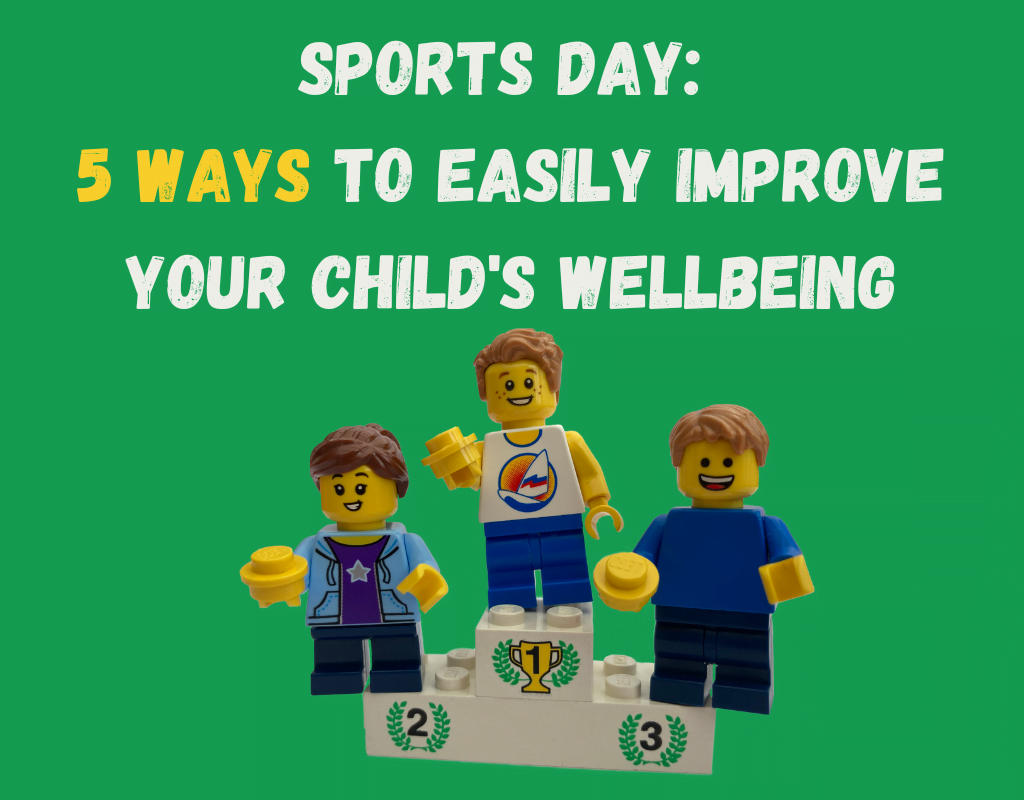As someone who absolutely hated Sports Day as a child, you might be surprised that I am advocating the importance of sports days. But handled well and sensitively, I think Sports Day has the opportunity to improve your child’s wellbeing, grow their confidence and teach them vital life-skills. Here are my 5 Ways that Sports Day will improve your child’s wellbeing with a little bit of help from their parents.
Catch up with our Sports Day story here.
Why Sports Day is Still Important For Children and Parents
1. Children Can Grow in Confidence
Sports day races and activities have all the ingredients to grow, build and inspire confidence and pride in your child. But it is essential that you handle them delicately and carefully. Not every child will win a race and if that is the only benchmark for success then your child is likely to end their sports day crushed, hopeless and disconnected from the whole experience.
So it is vital as parents that we provide a narrative that ensures that all children can find their own individual markers for success. Here are some examples:
- Anxious child – Celebrate them taking part in one race
- Competitive Child – Encourage them to be able to cheer on and congratulate other winners
- Athletic / Sporty Child – Teach them to be able to help or teach another child who is struggling
- Disinterested child – Help them to be able to cheer and encourage those who are enjoying the day
- Child with High Expectations – Winning is not the only marker of success. Model being able to recognise alternative markers of success such as improvement
By taking an alternative approach to how we talk about sports days and sports competitions, we are enabling our children to find success in more than just races.
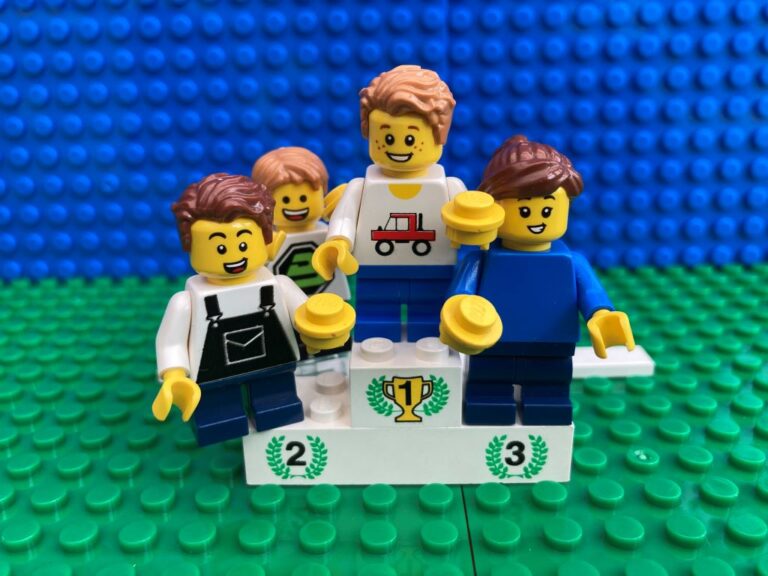
2. It's All About the Taking Part
Everyone knows the saying – and generally it’s the least helpful thing you can say when somebody has just lost. Especially if you have a competitive child or an athletic, sporty child who knows they have the potential to win. Sports Day offers children a great opportunity to experience these more negative emotions.
These can be tricky conversations to navigate because some children feel losing very deeply. And they are desperately disappointed. So trying to reframe their narrative without accepting their intense feelings surrounding loss and disappointment can be counter-productive.
Try incorporating these steps into your conversations with your child after a loss.
Help them to name their feelings
Help them to accept their feelings and that it is normal to feel these things
- Help them to talk about what has happened, linking emotions to different parts of the story (you may find that there are some positive emotions in there too)
- Offer your own perspective – did they try hard? Did they improve? Were they helpful to another child? Did they carry on with the next race even though they felt awful?
- Give them time. They may not agree with you straight away. Make the effort to remind them of what you saw several times over the next few days. You may not see it, but your narrative will start to sink it.
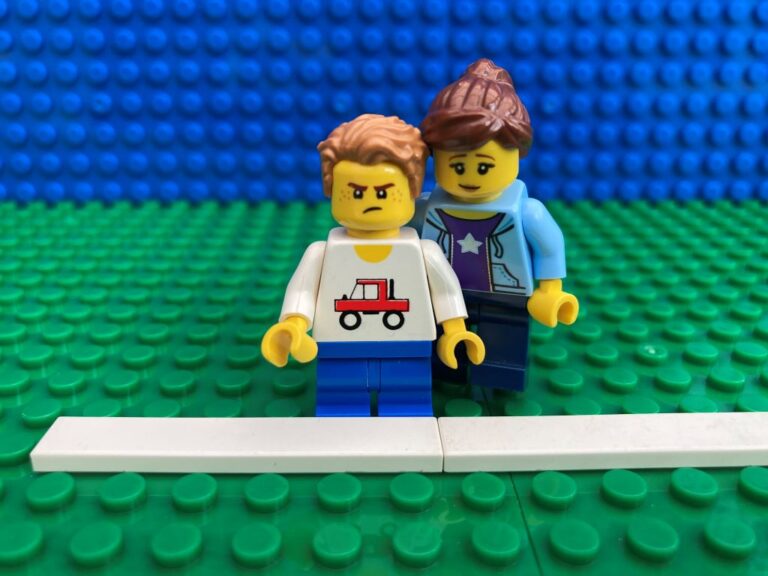
3. Getting Used to the Performance
Although sports day doesn’t have a stage in the traditional sense, in reality our children are still putting on a performance. They are still being asked to get up in front of their peers, their teachers, their family, a lot of strangers and they are asked to do something that they may not feel very comfortable doing.
And then instead of being applauded for the bravery to just get up there and be part of the whole performance, they are judged on their performance. For some children this is their happy place and they love the competitive edge to sports day.
But let’s remember for others it is the same as you or I getting up and singing or dancing in public. We don’t want to be judged for our poor performance or ranked against our friends. We just want to hear that we did OK at the end of it.
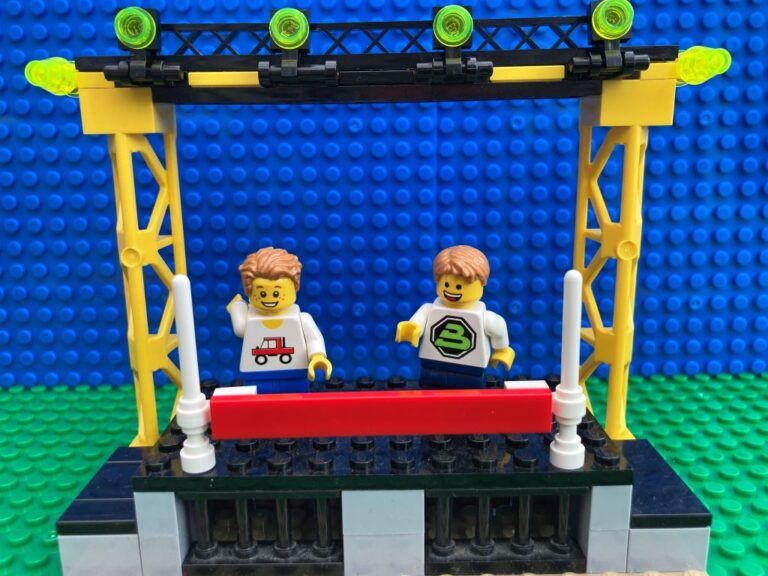
4. The Power of Being Cheered On
Sports Day offers a unique opportunity for all children to be cheered on. Encouragement, cheering, clapping, they are not always things that children (or adults) experience very often. And they are vital to our wellbeing. It’s almost impossible to mark how wonderful it is to being doing something hard and to know that you have someone cheering you on from the sideline, willing you to finish the race and knowing that they will not judge you poorly at the end.
Sports Day also gives children to opportunity to learn how to cheer on and encourage as well. It might seem like a small thing that the teachers are encouraging the children to clap and cheer but its teaching them an essential life-skill. To be able to encourage others whatever their skill-level is not easy – it is much easier to criticise or judge.
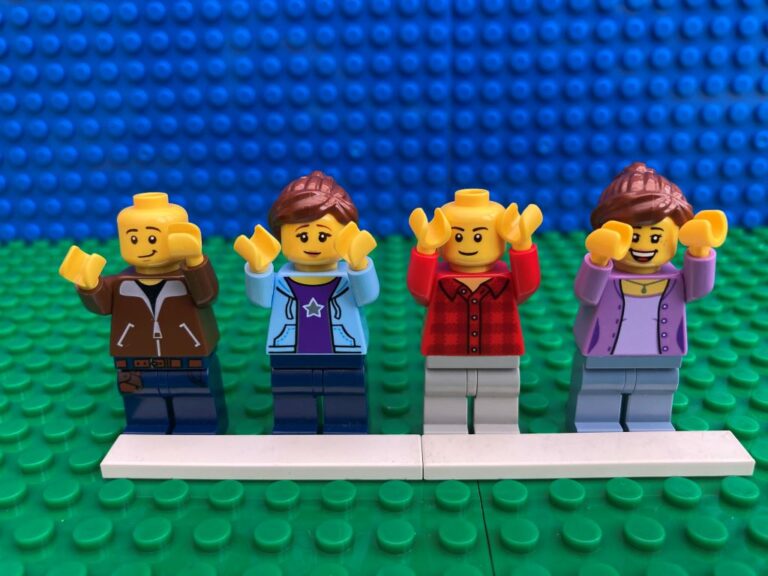
5. Share Your Story
Not all parents are able to attend Sports Days every year but that doesn’t mean that you can’t be involved in all the conversations surrounding this day. From the reassurance beforehand to the celebrations and commiserations afterwards, you can be present in this annual event.
And remember – let your kids know that you are proud of them. Whatever the results.
More Sports Day Stuff...
Whether your child loves or loathes school sports day, here is some practical advice for parents.
More Family Fun...
If you liked our Sports Day fun, why not head over to our Blog page to read more…
DISCLAIMER: The Lego Group of Companies does not sponsor, authorise or endorse this site.

